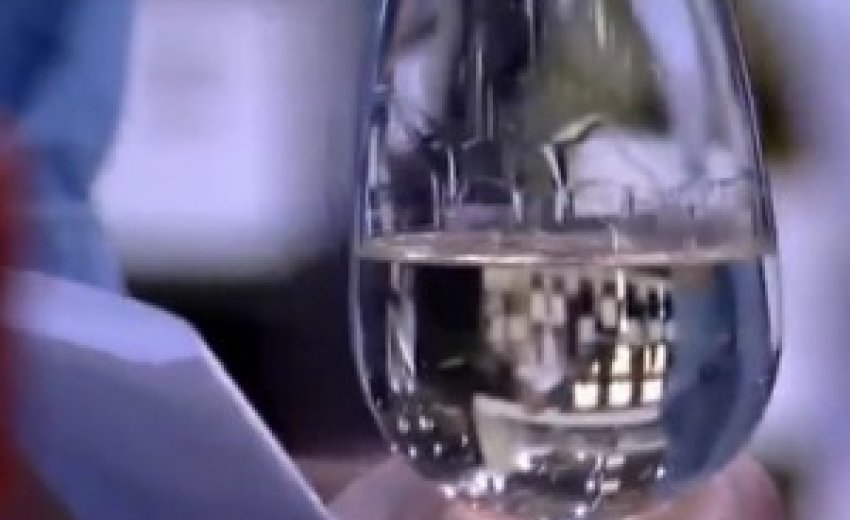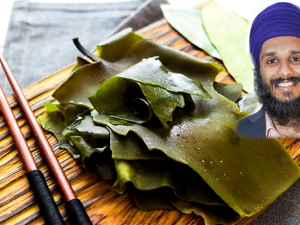Wetting the babies head
23/06/2015: In British tradition is a ceremony named wetting the babies head, where the father, family and friends go to the pub after a baby is born for some drinks.
In my family some people chose to celebrate the birth of our baby by drinking alcohol, maybe to keep up with that tradition? or maybe because drinking alcohol at occasions has become routine to them?
At what point does drinking alcohol on occasion, lead to the occasion becoming an excuse to drink, due to alcohol dependency?
Background
I have lost friends, family and colleagues to alcohol abuse and seen what it does to families first hand.
Culturally Punjabi’s are now associated with alcohol abuse. Statements in Punjab are common such as “You need a drink at the end of a hard days work to help your body recover” Read about Punjabi’s and alcohol misuse here.
During my training, I was taught by the doctor in the addictions clinic, that alcohol is the worst drug of all, because of the sheer number of people it effects and the impact of that.
Statistics
1 in 4 adults in England drink alcohol to a level which causes them harm. That’s one person in every family!
How it works
To function normally, the brain must maintain a careful balance of chemicals called neurotransmitters—small molecules involved in the brain’s communication system that ultimately help regulate the body’s function and behavior. Just as a heavy weight can tip a scale, alcohol intoxication can alter the delicate balance among different types of neurotransmitter chemicals and can lead to drowsiness, loss of coordination, and euphoria— hallmarks of alcohol intoxication.
Remarkably, with ongoing exposure to alcohol, the brain starts to adapt to these chemical changes causing alcohol dependence and alcohol withdrawal.
Research shows that alcohol dependent people may continue drinking to avoid experiencing withdrawal. Feelings of anxiety associated with alcohol withdrawal can persist long after the initial withdrawal symptoms have ceased, and some researchers believe that—over the long term—this anxiety is a driving force behind alcohol use relapse (3).
Treatments – what to do if you know someone who needs helps
Alcohol documentary Watch the video below:
TedTalk on alcohol and drug misuse and examples treatments Watch the video below:
Please contact me if you need any further advice or support and I will try my best to put you in touch with the right service for your needs.
References
(1) Gilpin, N.W., and Koob, G.F. Neurobiology of alcohol dependence: Focus on motivational mechanisms. Alcohol Research & Health 31(3):185–195, 2008. (2) Majchrowicz, E. Induction of physical dependence upon ethanol and the associated behavioral changes in rats. Psychopharmacologia 43(3):245–254, 1975. PMID: 1237914 (3) Koob, G.F. Alcoholism: Allostasis and beyond. Alcoholism: Clinical and Experimental Research 27(2):232–243, 2003. PMID: 12605072 (






